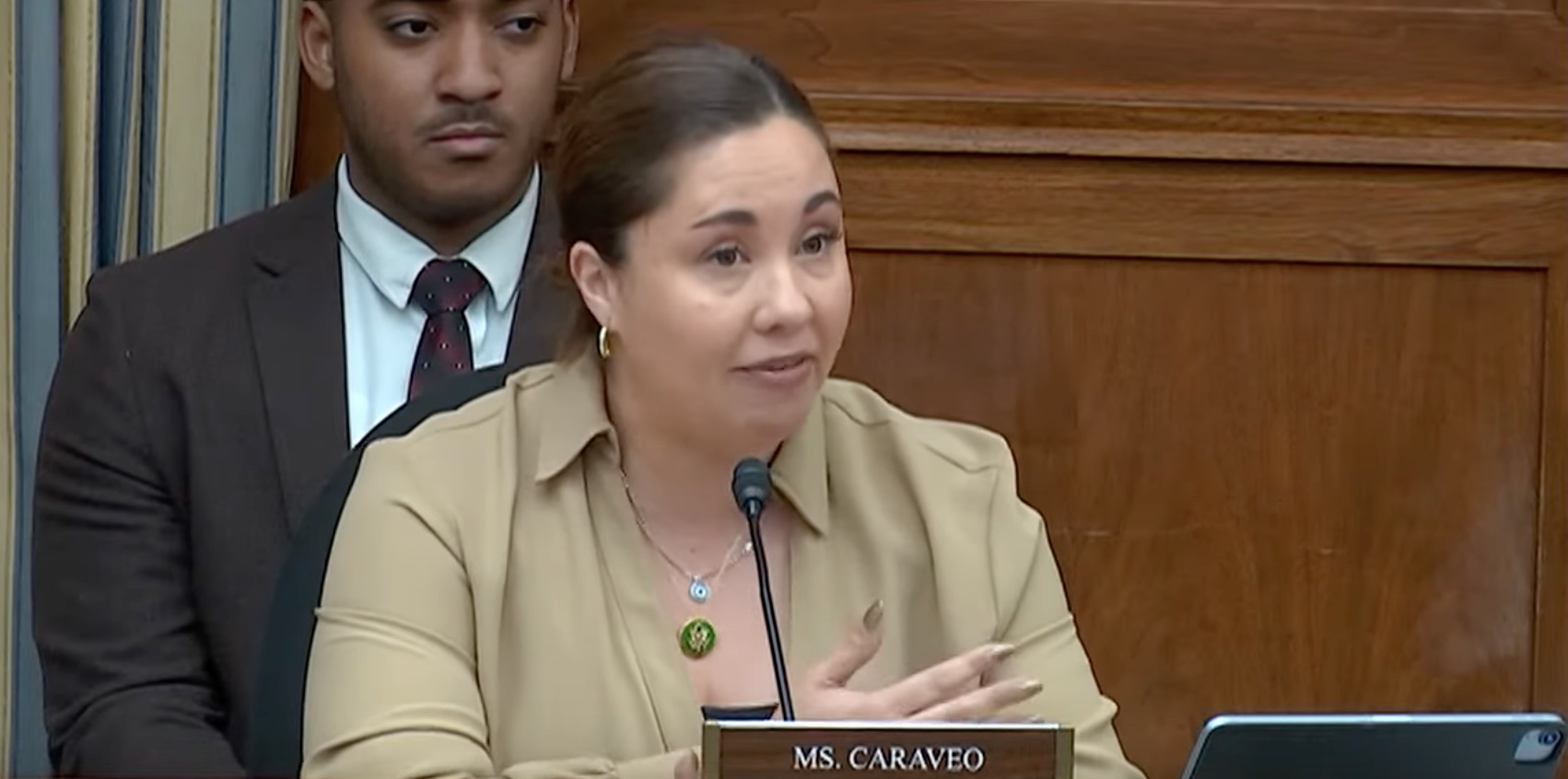In November of 2022, NASA launched the Artemis I mission, which sent an uncrewed spacecraft to orbit the moon for just over 25 days before returning to Earth. It was the U.S.’s first foray into moon exploration in decades, and was intended to lay the groundwork for subsequent Artemis missions to be carried out in the coming years, with the ultimate goal of establishing a space station in lunar orbit.

But from 2023 onward, the U.S. House of Representatives’ thin Republican majority has led to frequent stalls on necessary government funding packages. This situation, U.S. Rep. Yadira Caraveo (D-CO) warned during a House Science Committee hearing this week, could throw a wrench in the day-to-day functioning of government programs – including space exploration.
“I think we have heard a lot of concerns here about the timeline for the Artemis missions, and I think something that we’ve been beating around the bush about is overall funding for NASA and whether you have the money to carry these missions out,” Caraveo told expert witnesses, including two top NASA officials, during the hearing.
Earlier this month, NASA announced that it would delay Artemis II and III to 2025 and 2026, respectively, to allow time to test new technologies and ensure the safety of crew members. Artemis III would have astronauts land near the moon’s south pole; two of those crew members would be the first woman and the first person of color, respectively, to set foot on the moon.
The Artemis program is of particular relevance to Colorado. Multiple Colorado aerospace companies were and continue to be involved in other elements of the Artemis program. Artemis I’s Orion capsule was developed by the Littleton-based aerospace and military contractor Lockheed Martin, with more Orion capsules in the works for future missions.
“I’m also proud to say that I represent many of the workers and contractors who have made Artemis possible, and I’m excited to continue my support for these missions,” said Caraveo.
But Caraveo noted that, at multiple points in 2023, lawmakers struggled to pass key appropriations bills, causing it to frequently veer towards government shutdown. In large part, this was due to the GOP’s slim majority in Congress giving outsized power to far-right Freedom Caucus members, allowing them to attach ideologically driven amendments — including anti-LGBTQ and anti-abortion policies — to the bills, leading the Democrat-controlled Senate to strike them down.
“In particular, when we hear today about the pressures that you have to cut costs, to maintain crew safety, to keep things on time, but also when we have a Congress that has been unable to pass a budget overall. What are the implications for Artemis if appropriated with flat budgets beyond, not just 2024, but potentially the rest of the decade?” Caraveo asked Catherine Koerner, an Associate Administrator at NASA.
Koerner said that a flat budget, referring to the possibility that government funding would remain static instead of increasing year by year, could lead future Artemis missions to be delayed further.
“We have been challenged by Congress to have an annual cadence of our missions, and if we get stuck in either a flat line or a reduced budget kind of environment, what that means is we will prioritize the near term missions,” she said. “Artemis II and Artemis III will be prioritized, and those other missions and the interval between those other missions will continue to push out to the right. It would be my hope that we wouldn’t be faced with that kind of situation, but that’s how I would envision that playing out.”
Dr. Michael D. Griffin, Co-President of scientific and technical consulting company LogiQ, Inc., echoed these thoughts — though he was less concerned about a flat budget than about Congress failing to meet appropriations deadlines altogether. Griffin previously served as the U.S. Under Secretary of Defense for Research and Engineering.
“It’s not so much a flat budget that is a problem. Actually, most of the time I would welcome a flat budget if I knew I was gonna have it,” he said. “It needs to be at an appropriate level to accomplish the task at hand, but flatness in itself is not the issue. The issue is that when we do not have an appropriation on time, year after year … when we stop and start that funding by delaying or even skipping our appropriations cycles as we did in 2008, that is a huge problem.”
Koerner also noted another long-term benefit of the space program: serving as inspiration for future members of the workforce, who can then go on to provide the kind of skilled labor that makes the Artemis missions possible.
“One of the benefits of flying these Artemis missions is we inspire the next generation of engineers, of technicians, of welders, of people that can actually do the work — which, there is a tremendous shortage of skilled labor in some areas … So consistency both in budget, but also the resources and inspiration that we can provide to inspire the next individuals who can help us build the generation that we’re looking forward to building,” Koerner said.
Caraveo added that “Consistency on budget probably has a direct implication on people being willing to take these jobs.”
But not everyone at the hearing was as starry-eyed about the potential of the Artemis program. For some, including committee chair U.S. Rep. Frank Lucas (R-OK), Artemis’ success is one part of a broader goal: securing America’s geopolitical dominance over international rivals.
“I remind my colleagues that we are not the only country interested in sending humans to the moon,” Lucas said in his opening statement. “The Chinese Communist Party is actively soliciting international partners for a lunar research station and has stated its ambition to have human astronauts on the surface by 2030.”
Griffin concurred with this: “Our self declared adversaries, the Chinese Communist Party together with their Russian partner, fully understand the role that being on the space frontier has in global power politics. We seem no longer to understand that. For the United States and its partners to not be on the moon, when others are on the moon, is unacceptable,” he said in his witness statement.




